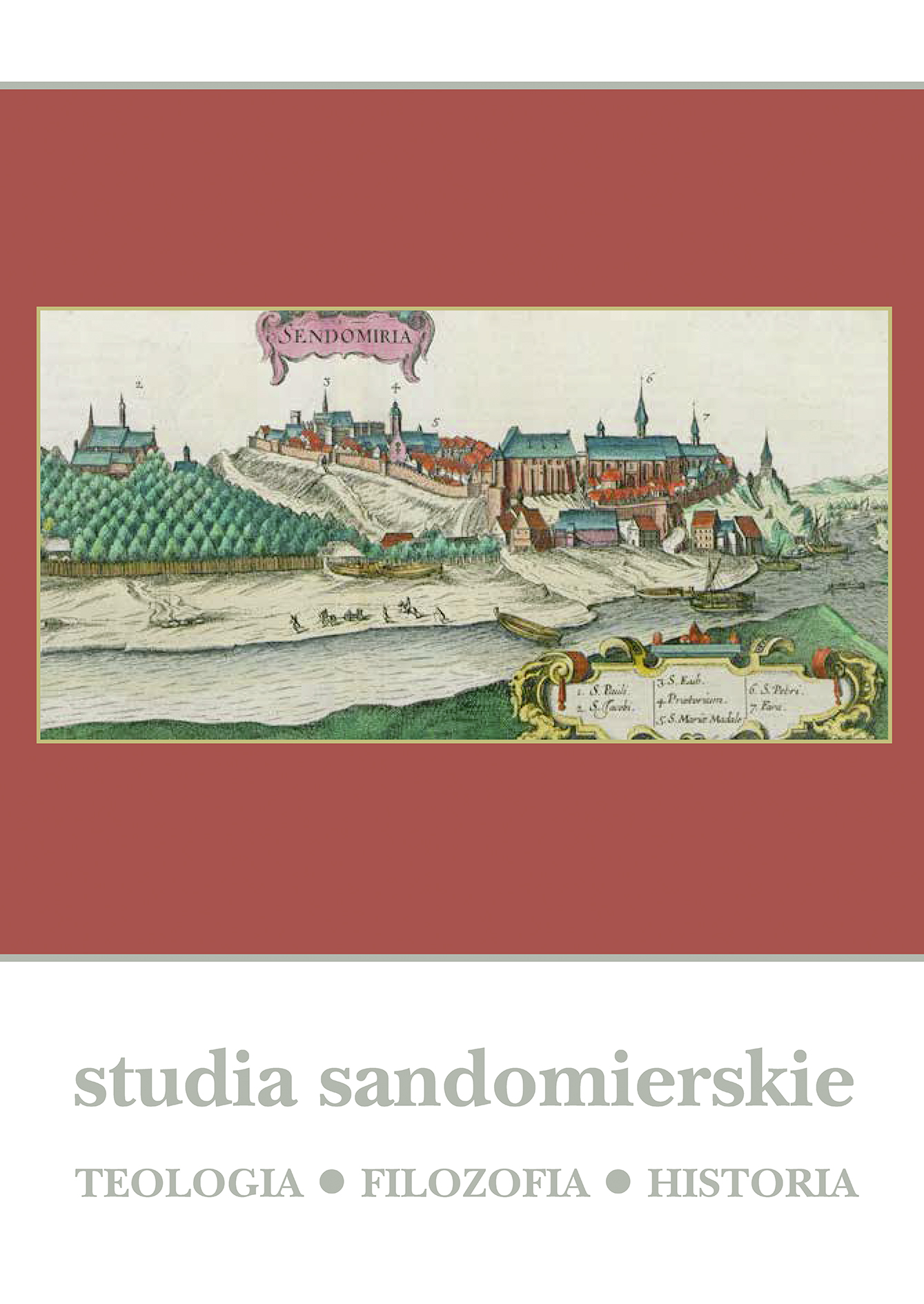Richard Bentley Against Atheists
DOI:
https://doi.org/10.15633/sts.3012Słowa kluczowe:
Richard Bentley, the soul, infinity, randomness, gravity, theodicyAbstrakt
W swoich wykładach będących częścią programu Boyle Lectures, Richard Bentley przedstawił argumenty mające na celu powstrzymanie rosnącej fali nastrojów ateistycznych i deistycznych w Anglii. Argumentował za istnieniem duszy i istnieniem Boga za pomocą argumentów opartych na nauce swoich czasów, w szczególności na fizyce newtonowskiej. Argumentował przeciw przypadkowości jako zasadzie wyjaśniającej
istnienie świata i dyskutował też problem teodycei.
Bibliografia
Printed sources
Bentley R., Correspondence, London 1842.
Bentley R., Eight Sermons Preach’d at the Honourable Robert Boyle’s Lecture, London 17356.
Bentley R, Works, London 1838, vol. 3.
Blomer Th., A Full View of Dr Bentley’s Letter to the Lord Bishop of Ely, London 1710.
Cicero, De Natura Deorum, Cambridge 1967.
Locke J., An Essay Concerning Human Understanding, London 1825
The Present State of Trinity College in Cambridg[e], in a Letter from Dr. Bentley, London 1710.
Elaboration
Connolly P.J., Metaphysics in Richard Bentley’s Boyle Lectures, “History of Philosophy Quarterly” 34 (2017), pp. 155–174.
Dahm J.J., Science and Apologetics in the Early Boyle Lectures, “Church History” 39 (1970), pp. 172–186.
Guerlac H., M.C. Jacob, Bentley, Newton, and Providence (The Boyle Lectures Once More), “Journal of the History of Ideas” 30 (1969), pp. 307–318.
Jebb C.R., Bentley, New York 1882.
Layton H., Observations upon a Sermon Intituled, A Confutation of Atheism from the Faculties of the Soul, Aliàs, Matter and Motion Cannot Think, [London 1692].
Monk J.H., The Life of Richard Bentley, London 1830.
Sheppard K., Anti-Atheism in Early Modern England 1580–1720, Boston 2015.
Williams J.C., Happy Violence: Bentley, Lucretius, and the Prehistory of Freethinking, “Restoration: Studies in English Literary Culture, 1660–1700” 38 (2014), pp. 61–80.
Pobrania
Opublikowane
Numer
Dział
Licencja
Prawa autorskie (c) 2024 Adam Drozdek

Utwór dostępny jest na licencji Creative Commons Uznanie autorstwa 4.0 Międzynarodowe.
Autorzy publikujący w czasopiśmie udzielają jego wydawcy zgody o następującej treści:
- Autor zachowuje autorskie prawa majątkowe do utworu, a jednocześnie udziela wydawcy czasopisma zgody na jego pierwszą publikację w wersji drukowanej i wersji online na licencji Creative Commons Uznanie autorstwa 4.0 Międzynarodowe oraz zgody na wykonywanie opracowań, w tym przekładów.
- Autor ma możliwość udzielania zgody niewyłącznej na opublikowanie utworu w wersji, która ukazała się w czasopiśmie (np. zamieszczenia go w repozytorium instytucjonalnym lub opublikowania w książce), wraz z informacją o jego pierwszej publikacji w czasopiśmie.
- Autor może umieścić swój utwór online (np. w repozytorium instytucjonalnym lub na swojej stronie internetowej) jeszcze przed zgłoszeniem utworu do czasopisma.

